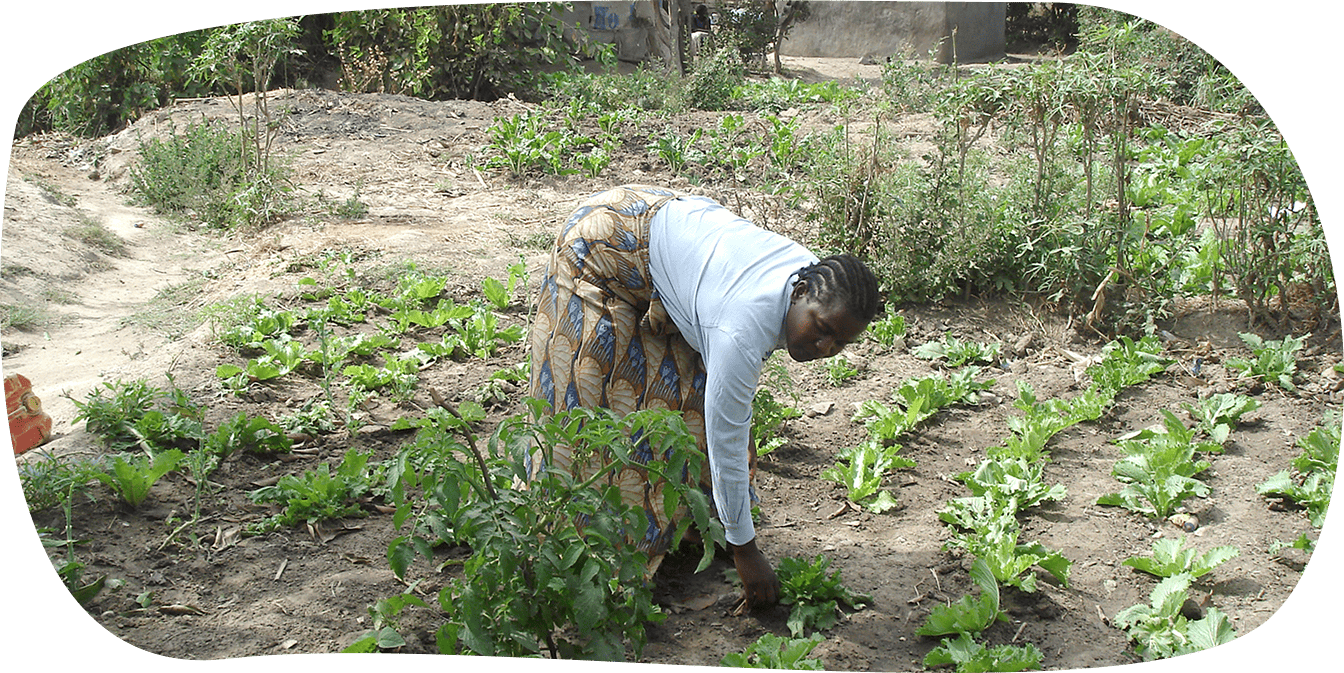An Innovative Public-Private Partnership Supporting Zambian Farmers

The Zambia Emerging Farmers Partnership is providing support to 10,000 emerging farmers to help increase their productivity, incomes and sustainable farming practices.
The three-year project, developed by the U.S. Agency for International Development (USAID), Global Communities, John Deere and Corteva Agriscience will leverage more than $37 million in loans for inputs and equipment. The result will be more than 50,000 hectares of crops planted using climate-adaptive seeds and other sustainable technologies, and linking young farmers and women farmers with educational resources, technologies and access to capital.
USAID and Global Communities will train farmers on production techniques, post-harvest handling and transport; increase access to credit and finance; and link farmers to markets. Agronomists from Corteva Agriscience will work directly with farmers to enhance the adoption of hybrid seed and crop protection technologies and advance sustainable farming practices, and John Deere will establish equipment service provision models to increase farmer access to mechanization for optimal production and harvesting.
"The U.S. government prioritizes enterprise-driven inclusive economic growth, and we are excited to launch yet another partnership with the private sector to advance this goal," said U.S. Embassy Zambia Chargé d'Affaires a.i. David Young. "By leveraging Corteva's world-class seed technologies, offering farmers better access to high quality John Deere equipment, and coordinating with Global Communities and their innovative approaches to addressing rural poverty, USAID hopes to catalyze a dramatic improvement in farmer yields and income."
The project catalyzes greater productivity of emerging farmers working with 20-60 hectares of land, as well as supporting their communities and contributing to a resilient global food system in five provinces.
"Agriculture is a key driver and enabler of economic development and national food security. Government has therefore placed agriculture as a priority sector. Farming is profitable if farmers produce efficiently; and empowering smallholder farmers to improve their productivity and grow their income is the sure way to eradicate hunger, poverty and improve community livelihoods," said Michael Z.J. Katambo, MP, Honorable Minister of Agriculture, Zambia.
Zambia's agriculture remains primarily subsistence-based, in which approximately 1.5 million smallholder farmers eke out a modest livelihood on less than two hectares of land. Smallholder farmers use hand tillage to prepare the soil and women contribute a significant amount of labor, particularly for weeding.
Maize productivity is low due to limited adoption of improved technologies and practices. In addition, smallholder farmers are vulnerable due to their reliance on rainfall which has become more variable due to climate change.
Partnering with smallholder farmers to improve their productivity and grow their income helps reduce food insecurity and improve community livelihoods. Additionally, connecting people with resources, training and access to capital has a tremendous impact on their ability to build healthy, secure, stable lives, even in the face of the increasing impact of the changing climate.
Story by Amy Levey
Photo by Global Communities Zambia

